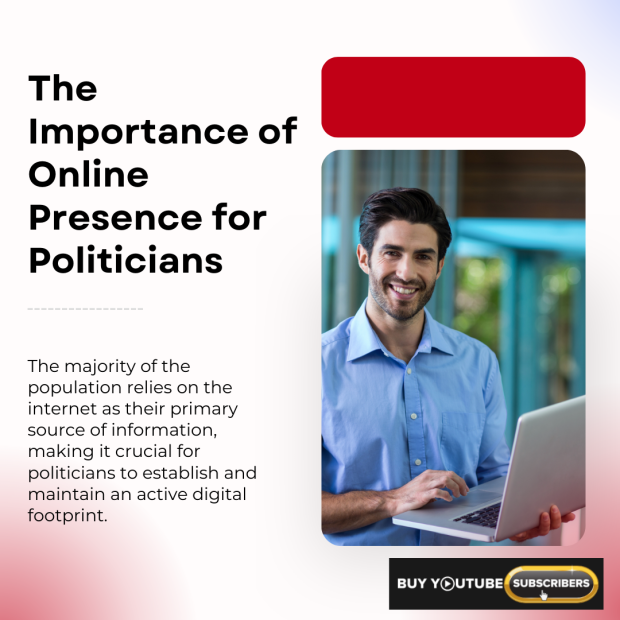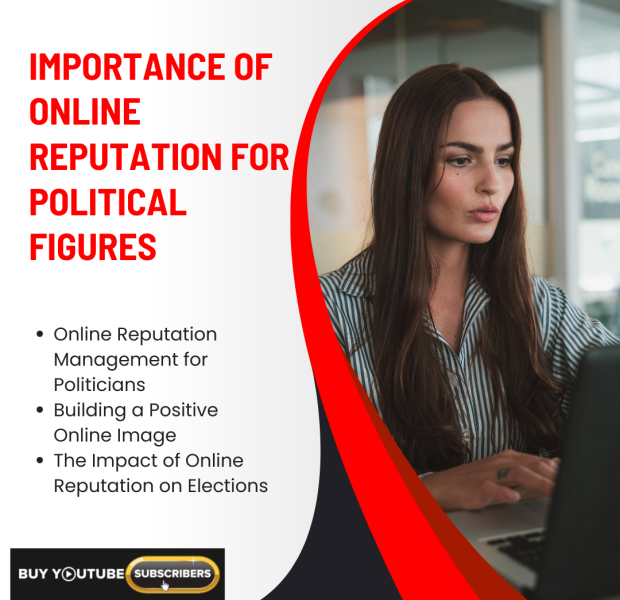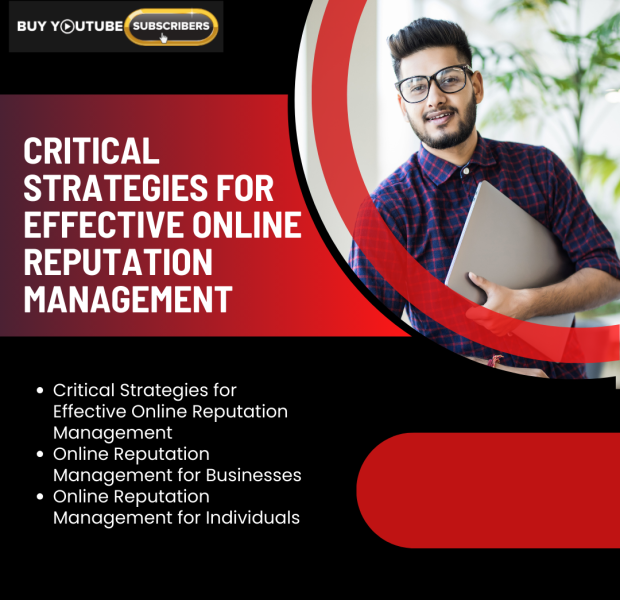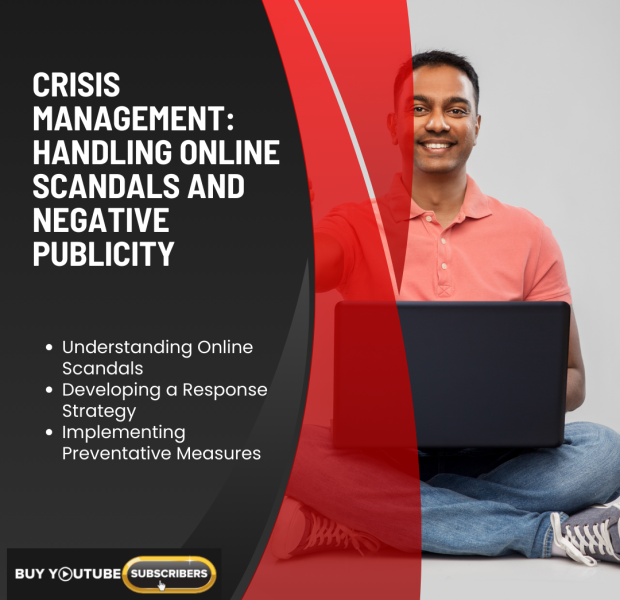Introduction to Online Reputation Management for Politicians
Online Reputation Management for Politicians involves strategically monitoring, influencing, and controlling an individual’s or a party’s digital narrative. In today’s digital age, the internet is a primary source of information, making a politician’s online reputation crucial for success and relatability. This process includes proactive measures such as regularly updating social media profiles, engaging with constituents through interactive platforms, and creating positive news cycles by highlighting accomplishments and community involvement.
Politicians need to actively address harmful content by issuing clarifications, fact-checking false narratives, and responding quickly to crises before they escalate. Effective Online Reputation Management for Politicians not only helps build trustworthy relationships with the electorate but also secures a competitive advantage by ensuring that public perception aligns with the desired image. By leveraging analytics tools and keeping abreast of online conversations, politicians can tailor their messaging and strategies to reflect the needs and sentiments of their supporters, fostering a robust and resilient public image.
The Importance of Online Presence for Politicians
In today’s digital era, politicians must have a solid online presence to connect with voters and stay relevant. The majority of the population relies on the internet as their primary source of information, making it crucial for politicians to establish and maintain an active digital footprint. An effective online presence allows politicians to reach a wider audience, engage in real-time conversations, and showcase their personalities beyond traditional media platforms. It also provides a direct channel for communication with constituents, increasing transparency and accessibility. Moreover, having a solid online presence can aid in reputation management by providing a platform to address any negative narratives or misinformation quickly.


Importance of Online Reputation for Political Figures
- Online Reputation Management for Politicians
Online reputation management for politicians has become essential in the era of digital communication and social media. Political figures must navigate a complex online landscape where public perception can change rapidly based on new events and media reports. They need to actively shape and maintain their online presence to ensure it reflects their values and stands unscathed against misinformation or negative press.
By strategically engaging with constituents on social platforms, politicians can foster direct communication, respond to concerns in real time, and nurture trust. Moreover, monitoring digital conversations about their actions and policies allows for quick identification and remediation of potential threats to their reputation. Incorporating tools like sentiment analysis and media trackers helps them prepare for and respond to emerging stories proactively. In this digital age, utilising online reputation management not only aids in building a positive image but also acts as a defence mechanism to safeguard political careers amidst the volatile nature of online discourse.
- Building a Positive Online Image
Politicians must be aware of how their online presence affects public perception. First impressions are often made through online channels, and any misinformation or negative press can quickly spread and cause harm to one’s reputation. Therefore, it is crucial for politicians to actively manage their digital footprint by creating an accurate, positive, and consistent image across all platforms. This involves professionally using social media, regularly updating information on official websites, and utilising search engine optimisation techniques to ensure that positive content is prominent in search results.
Additionally, building genuine connections with constituents through interactive and engaging content helps establish trust and credibility. By regularly sharing updates on policies and actions taken, politicians can showcase their transparency and accountability, further enhancing their online reputation.
- The Impact of Online Reputation on Elections
In today’s digitally-driven world, a solid online presence plays a significant role in political campaigns and can determine the outcome of an election. With the majority of voters turning to the internet for information about candidates, a positive online reputation is crucial for gaining their trust and support. On the other hand, harmful or damaging content can sway public opinion and harm a politician’s chances of winning an election.
Social media platforms also play a critical role in shaping public perception and influencing voter behaviour. By actively managing social media accounts and engaging with followers, politicians can control the narrative surrounding them and build a loyal following of supporters. This can have a significant impact on election results, as social media has the power to reach and influence a large number of voters.
Critical Strategies for Effective Online Reputation Management
In the digital age, online reputation management for politicians has become crucial to navigating public life effectively. Politicians face unique challenges in maintaining a positive image due to the instant nature of digital media and the prevalence of misinformation. An effective strategy involves actively monitoring online mentions and deploying tools that can filter and respond to critical conversations. Maintaining transparency by engaging directly with constituents on social media platforms can help build trust and credibility. Politicians should also leverage Search Engine Optimization (SEO) tactics to ensure that positive content about their achievements and policies is prominent in search results. By managing their online presence proactively, politicians can safeguard their reputation, counteract negativity, and foster a relationship of openness and respect with the public.
2. Online Reputation Management for Businesses
With the rise of e-commerce and digital marketing, online reputation management for businesses has become essential. A positive online reputation can attract customers, improve sales, and build brand loyalty. Businesses must maintain a solid social media presence and regularly engage with their audience to monitor and address any negative feedback or misinformation. It is also crucial to leverage SEO tactics to ensure that positive reviews and customer testimonials appear at the top of search engine results. Additionally, businesses should actively seek out strategic partnerships and collaborations with reputable organisations to enhance their credibility and visibility online. By proactively managing their online reputation, businesses can establish themselves as trustworthy and reliable in the eyes of consumers.
3. Online Reputation Management for Individuals
In today’s digital landscape, individuals need to manage their online reputation to protect their personal and professional lives. This includes monitoring and controlling the information that is available about them on the internet. Individuals should regularly search their names and take action to remove or address any negative or false information. Additionally, building a solid personal brand through actively engaging with others on social media, creating valuable content, and showcasing expertise can help shape a positive online presence. It is also essential for individuals to be mindful of what they post on social media platforms and refrain from engaging in controversial discussions that could damage their reputations. By taking control of their online image, individuals can safeguard themselves against potential harm and maintain


Crisis Management: Handling Online Scandals and Negative Publicity
- Understanding Online Scandals
Online scandals can erupt unexpectedly, creating immediate pressure on organisations to respond swiftly and effectively. At their core, these digital crises usually stem from controversial incidents that attract widespread public attention. The quick dissemination of information via social media platforms can amplify issues, often leading to distorted narratives. Organisations must monitor social media channels rigorously to gauge public sentiment and respond promptly. This proactive approach helps in mitigating any misinformation that could further damage the brand’s reputation.
- Developing a Response Strategy
A robust response strategy is crucial when navigating negative publicity. First, the organisation must gather all relevant facts to construct a transparent message. This message should acknowledge the situation’s seriousness and outline immediate steps being taken to address it. Companies should empower a designated crisis management team to handle communication efficiently. By maintaining a consistent message across all platforms, organisations can communicate clear and coherent responses that help restore public trust.
- Implementing Preventative Measures
While reacting to scandals is necessary, implementing preventative measures is equally important. Establishing a robust ethical framework and maintaining internal open lines of communication can help organisations anticipate potential pitfalls. Regular training sessions can also educate employees on the implications of digital footprints, reinforcing the importance of responsible online behaviour. By fostering an environment of transparency and accountability, organisations can minimise the risk of scandals before they take root.
- The Role of Transparency
Transparency remains a cornerstone in effective crisis management. When companies communicate openly, they demonstrate authenticity and commitment to resolving issues. This approach not only helps regain public trust but also enhances the brand’s long-term reputation. As businesses navigate the complexities of digital media, maintaining an honest dialogue with stakeholders paves the way for resilience and sustained success in the face of online challenges.
Role of SEO in Online Reputation Management for Politicians
1. Understanding SEO Strategies
Search Engine Optimization (SEO) is crucial in shaping politicians’ online reputations by ensuring positive narratives rank highly in search results. Politicians often face intense scrutiny, and their online presence significantly influences public perception. By implementing effective SEO strategies, they can control their digital narrative. These strategies include keyword optimisation, creating high-quality content, and acquiring relevant backlinks. Keyword optimisation ensures that when constituents search for information, positive and relevant content about the politician appears promptly.
Producing high-quality, informative content that addresses public concerns and highlights achievements helps build trust and credibility. Furthermore, securing backlinks from authoritative sources enhances search engine rankings, affirmatively impacting reputation management. By proactively managing their online presence, politicians can ensure that their positive stories are accessible and influential to voters, thereby maintaining a favourable public image amidst constant media monitoring.
2. Addressing Negative Publicity
Aside from promoting positive content, SEO also plays a vital role in mitigating negative publicity. In today’s digital age, it is effortless for false information or damaging stories to spread quickly and damage a politician’s reputation. Through active monitoring of search results and social media channels, politicians can identify and address any negative narratives promptly. This may involve creating counter-content, optimising existing content, or even removing harmful content through legal means if necessary. Utilising SEO tactics such as keyword optimisation and backlinking can help push down negative articles or suppress them entirely from the first few pages of search results. By consistently managing their online presence and proactively addressing negativity, politicians can protect their reputations and maintain public trust.
3. The Importance of Local SEO
For politicians, local communities play a significant role in their success. Therefore, targeting local constituents through local SEO is critical. This involves optimising online listings and directories, such as Google My Business and Yelp, ensuring accurate and up-to-date information for constituents to find easily. Additionally, creating localised content that addresses regional concerns and promoting it through social media or other channels can help improve visibility in search results within the politician’s district or state. By focusing on targeted local SEO strategies, politicians can better engage with their community and build strong relationships with voters.
Leveraging Public Relations to Improve Online Reputation
Public relations (PR) plays a crucial role in shaping and enhancing a company’s online reputation. By crafting consistent and positive narratives, PR professionals actively manage public perceptions, ensuring the organisation’s values and achievements are effectively communicated. A well-strategized PR campaign can help in preemptively addressing potential crises by maintaining open, transparent communication channels with the audience. Developing relationships with influential media channels and thought leaders also amplifies a company’s reach and credibility. By monitoring online content and feedback, organisations can quickly identify and respond to any negative sentiments, transforming challenges into opportunities for growth. Ultimately, a proactive PR strategy not only builds but sustains a reputable and trustworthy online presence.
- Building a Strong Online Presence Through PR
To effectively leverage public relations for online reputation management, companies must first establish a solid online presence. This includes creating and maintaining an active presence on various social media platforms, regularly publishing informative and engaging content, and actively engaging with the audience. By building a loyal following and establishing thought leadership in their industry, organisations can significantly enhance their online reputation. Additionally, incorporating SEO strategies in PR efforts can improve search engine ranking, driving more traffic to the company’s website and social media pages.
- Utilising Influencer Marketing
Another essential aspect of modern-day public relations is influencer marketing. With the rise of social media influencers, brands now have the opportunity to collaborate with individuals who have a significant following and credibility in their niche. Partnering with influencers can help companies reach a wider audience, build trust and authenticity, and improve their online reputation. Influencers can also provide valuable insights into the target market’s preferences and behaviours, allowing organisations to tailor their PR strategies accordingly.

Impact of Social Media on Political Reputation
Social media platforms have drastically altered the landscape of political reputation management. Politicians now have direct channels to communicate with constituents, bypassing traditional media filters. This immediacy allows for the rapid dissemination of messages and policy proposals, increasing public engagement and participation. However, it also introduces challenges, such as the spread of misinformation and the need for constant monitoring and crisis management. Real-time feedback from the public can significantly influence political decisions and strategies, making it crucial for leaders to manage their online presence effectively.
Additionally, social media analytics provide valuable insights into public opinion, enabling politicians to tailor their messages to specific demographic groups. In this digital age, mastering social media strategising is essential for any political figure aiming to shape and uphold a positive public image.
The impact of social media on political reputation extends beyond individual politicians. Political parties and organisations also heavily rely on social media to reach potential voters and build support for their agendas. Social media’s viral nature has the power to sway public opinion, making it a critical tool in shaping election outcomes. With millions of users actively engaged in politics on various platforms, social media has become a battleground for gaining influence and momentum.
However, with great power comes great responsibility. Social media can be used as a weapon to damage an individual’s or organisation’s reputation through negative campaigning and spreading false information. This has led to an increase in the use of online reputation management strategies by politicians and political entities. These tactics involve monitoring online mentions, responding to criticism and misinformation, and leveraging social media influencers to disseminate positive messaging.
